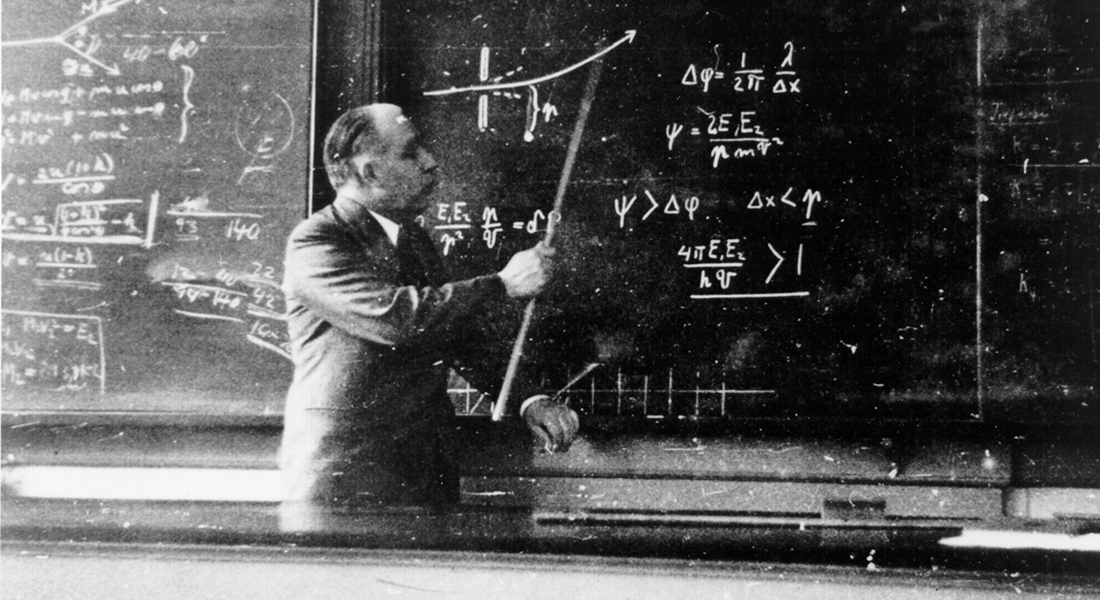We hack almost 100 billion tonnes of stuff from Earth’s surface every year, and most of it goes to waste. Changing that means a complete overhaul of how we live
By Joshua Howgego
MANY of us, at least in richer parts of the world, are familiar with the feeling of buying, owning and discarding too much stuff. We probably feel a bit guilty about it. We may even have tried to do something about it, ditching the plastic straws, keeping a tote bag for the shopping and diligently separating out the recycling.
We might also be aware that this isn’t enough. To fulfil our material wants, humanity now uses some 100 billion tonnes of stuff every year. More than 90 per cent of it is virgin material that is mined, drilled and hacked from the planet’s surface. Only 30 billion tonnes of it makes anything of permanence. The rest is burned as fuel or used fleetingly and discarded – at each stage polluting land, water and air and creating climate-changing greenhouse gas emissions.
Can we do better? Ideas of “circular” economies, in which pretty much everything is reused and waste doesn’t really exist, have been around for a while. They are usually dismissed as woolly utopianism, but just lately the tone has been changing. That isn’t just because of our late-dawning realisation of the scale of our impact on the planet and the trouble it is storing up for us. It is also because we increasingly have the ideas and the technologies to make ourselves and our consumption patterns not just less bad for the planet, but perhaps even beneficial for it. A more circular, sustainable way of satisfying our material wants is certainly possible. But it will require nothing less than a complete reimagining of the way we live our lives.
Our current …



Connect with us on our socials: